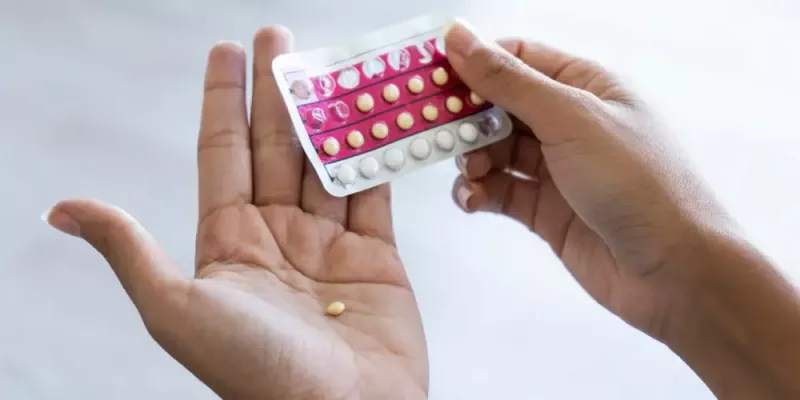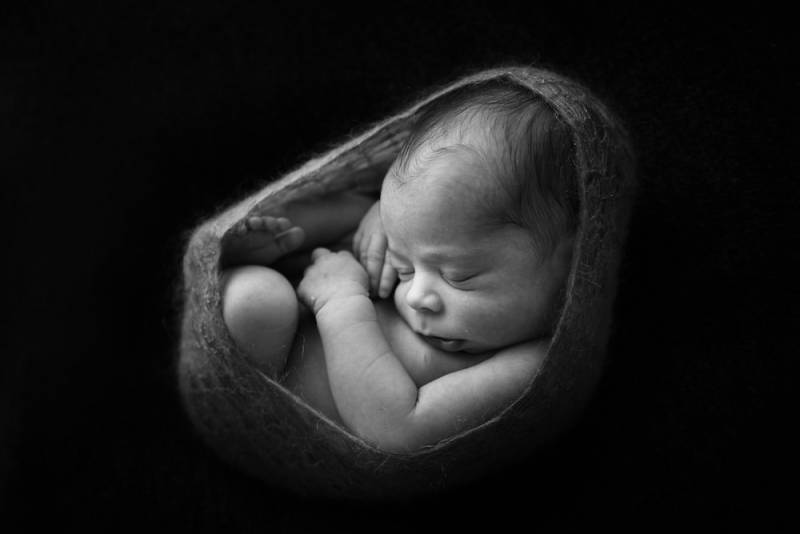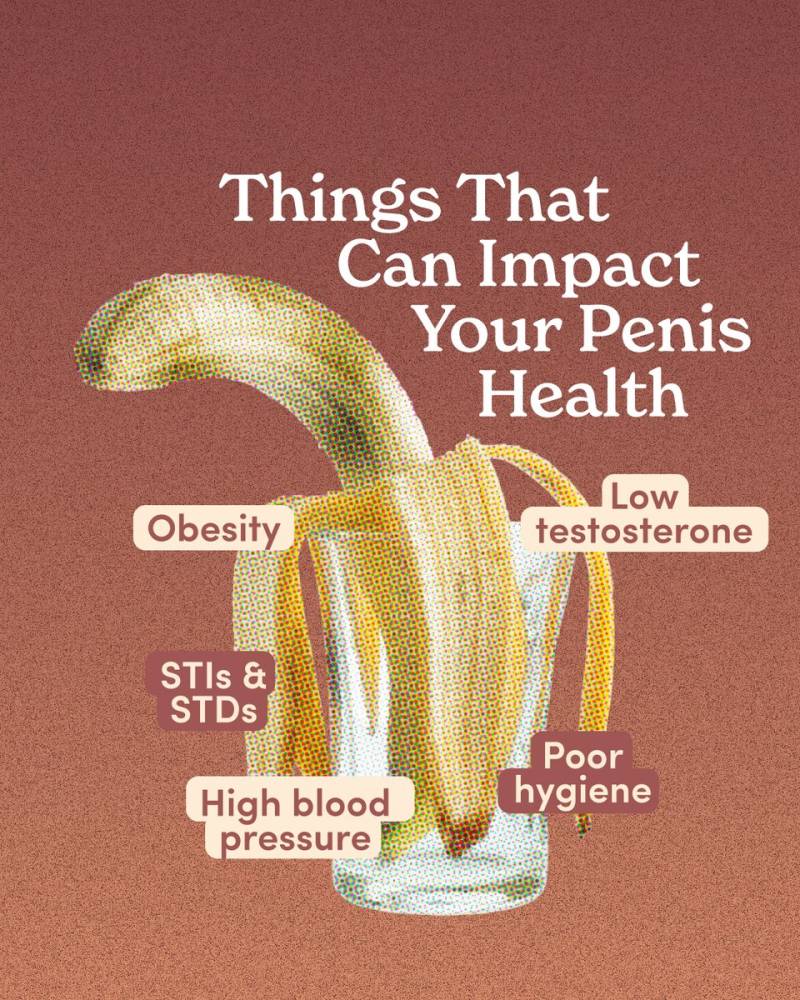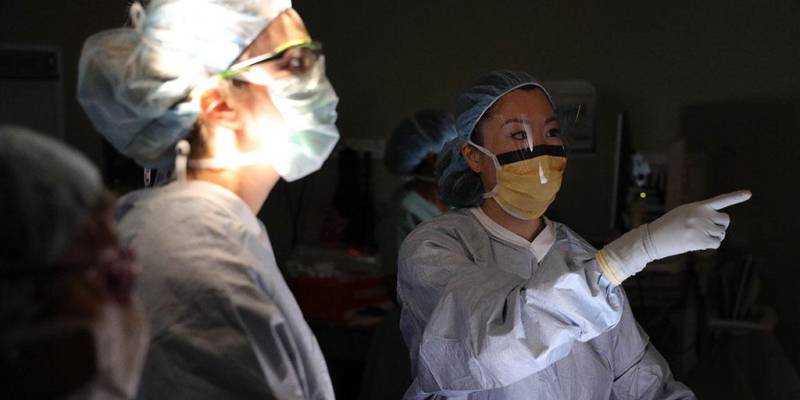With around 25% of women dealing with insomnia and 14% taking
birth control
pills, there's bound to be some overlap of people who use contraceptives and are also looking for a solution to help them sleep better.
An increasingly popular supplement people take to help them fall asleep is melatonin. Like birth control, melatonin affects your hormones.
However, birth control and melatonin act on your hormones in very different ways and the chances of one making the other less effective are low. Here's what you need to know about the interactions between melatonin and birth control and any risks involved with mixing the two.
Does taking melatonin affect birth control?
There is no research that suggests melatonin would make birth control less effective, so it's safe to assume that birth control is equally reliable whether or not you take it alongside melatonin, says Felice Gersh, MD, OB-GYN and founder and director of the Integrative Medical Group of Irvine.
While there is almost no chance that melatonin could make your birth control less effective, there is a chance that birth control could make melatonin more effective. According to an older study from 2008, oral contraceptives increased the concentration of melatonin in participants' blood when taking a melatonin supplement.
In addition, some research shows that the progestin in birth control pills may help you fall asleep, and the estrogen in birth control can help promote both REM and non-REM sleep. Combining these effects with the effects of melatonin could lead someone to feel extra groggy, have trouble waking up, or be more sleepy in the morning, says Gersh.
However, the relationship between melatonin and female sex hormones is complex, so we do not fully understand how exactly the crossover works, says Kelley Robrock, MD, OB-GYN at Axia Women's Health.
Research on this topic has been very limited in scope and additional studies are needed to fully understand this interaction, Robrock says.
Other ways to help with sleep
If you'd prefer to avoid taking melatonin with birth control, there are plenty of other ways to improve your sleep hygiene and get a good night's sleep, including:
Keeping the bedroom dark and cool: Gersh recommends keeping your bedroom at a cool temperature (ideally around 60°F to 67°F) and having it dark. Using black out curtains or a sleep mask can help with this. These factors can help with your natural melatonin production.
Limiting light-emitting devices at night: Bright lights, especially in the form of blue light, can suppress melatonin production, so Robrock says you should limit phone and TV use, ideally 30 minutes before going to bed. Switching your devices to dark mode or wearing blue light glasses can also prevent the amount of blue light getting into your eyes.
Limiting caffeine intake: Caffeine can mess with your sleep, so try to cut yourself off from caffeine at least six hours before bed.
Getting in relaxed mindset: Since stress and anxiety can cause sleep troubles, getting yourself to actually relax around bedtime can help you fall asleep. Gersh says some things that can help are taking a calming hot bath, meditating, or using guided visualizations.
Improving the consistency of sleep: While it's not a quick fix, Robrock says keeping a consistent bedtime and wake-up time can help improve your sleep quality in the long term.




